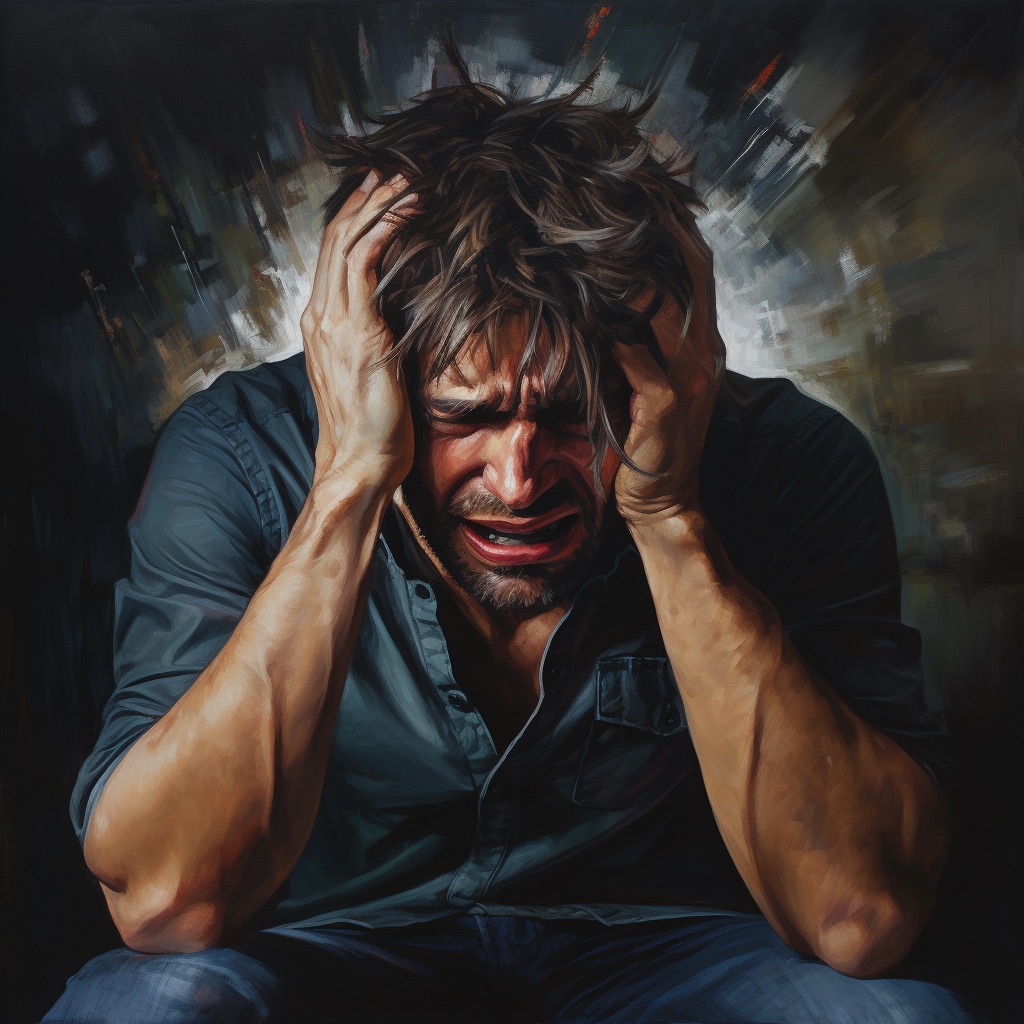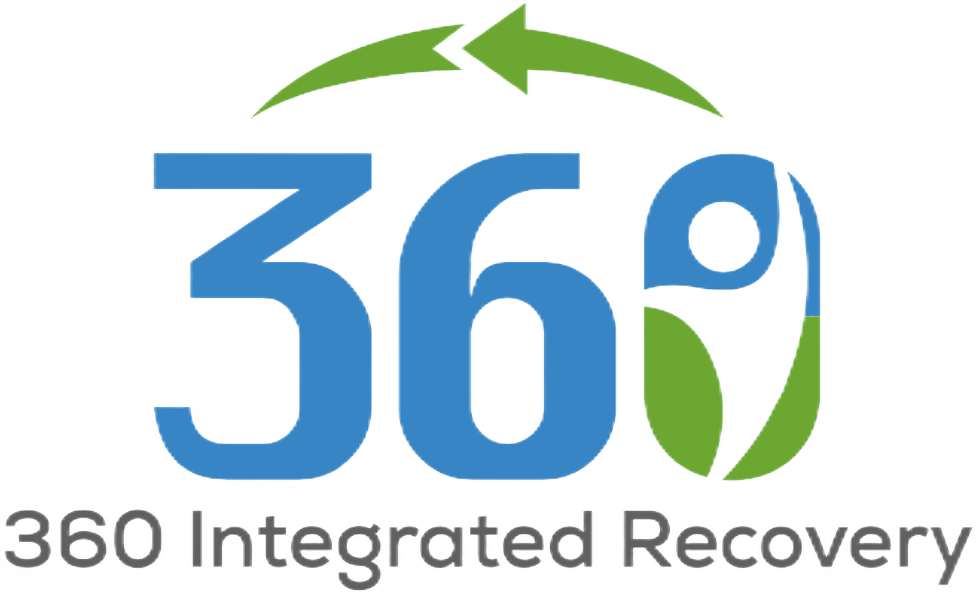Our Treatments
Benzodiazepine Addiction Treatment
Enlist in a Comprehensive Benzodiazepine Rehabilitation Program for the Essential Support You Require
Benzodiazepine addiction is a prevalent issue that impacts numerous individuals across the U.S. Statistics from the National Institute on Drug Abuse indicate that 17.1% of those who consume benzodiazepine medications misuse them, and 2% experience benzodiazepine dependence. At 360 Integrated Recovery in Los Angeles, we provide a thorough approach to benzo addiction treatment, aiding you in regaining control of your life.
Understanding Benzodiazepines Addiction
Benzodiazepines are classified under a category of sedative drugs that yield a soothing effect on your central nervous system. However, their highly addictive nature should not be overlooked.
The benzodiazepine drug class branches out into two primary segments: hypnotic sedatives and anxiolytic sedatives. Hypnotic sedatives are employed in treating insomnia and similar sleeping disorders. On the other hand, anxiolytic sedatives, or prescribed benzodiazepines, are typically used for the treatment of anxiety disorders such as generalized anxiety disorder, panic disorder, and obsessive-compulsive disorder. These are also effective in managing seizures and muscle spasms. Despite their effectiveness, they are habit-forming and can result in dependence.
Benzodiazepines that are frequently abused include:
- Valium
- Xanax
- Ativan
- Klonopin
Considering the impact benzos have on the central nervous system, it’s possible to quickly develop a physical dependence, which can escalate to substance abuse and potential overdose.
Benzodiazepine medication is commonly referred to by the following street names:
- Bars
- Blues
- Tranqs
- Planks
- Benzos
- Zanies
- Downers
- Chill Pills
- Nerve Pills

How to know if you have Benzodiazepines Addiction: Key Indicators
To receive a benzodiazepine addiction diagnosis, certain criteria must be met, as outlined by the National Association of Addiction Professionals. This includes misuse of the sedative, either by taking higher doses than prescribed or for a duration exceeding that which was prescribed.
Significant time and effort must also be expended on obtaining the drug, and an increasing quantity of the drug may be required to achieve the desired effects. Additionally, withdrawal symptoms must become evident upon cessation of the drug use.
If these criteria are met, it’s likely that a benzo addiction is present.

The Substance Abuse and Mental Health Services Administration (SAMHSA) also highlights cognitive and psychosocial symptoms of benzo addiction, such as:
- Irritability
- Confusion
- Mood swings
- Disorientation
- Need to isolate
- Impaired thinking
- Impaired judgment
- Behavioral changes
Long-term addiction and improper usage of benzodiazepines can heighten your risk of overdosing. Symptoms of an overdose encompass:
- Anxiety
- Tremors
- Agitation
- Dizziness
- Weakness
- Breathing difficulties
- Extreme drowsiness
- Blue lips or fingernails
- Loss of consciousness
In the event of a benzo overdose, immediate medical intervention is critical.
Recognizable physical symptoms of a benzodiazepine addiction encompass:
- Vertigo
- Nausea
- Vomiting
- Tremors
- Dizziness
- Drowsiness
- Constipation
- Slurred speech
- Loss of appetite
- Lack of coordination
- Frequent headaches
- Respiratory depression

Navigating Benzodiazepines Withdrawal Symptoms: A Guided Overview
Withdrawal symptoms may emerge when benzodiazepine use is abruptly halted, especially for those with a substance use disorder. These symptoms occur as your body, accustomed to the presence of benzos, has to adjust to functioning without them.
The Drug Enforcement Administration (DEA) lists some common benzo withdrawal symptoms as:
- Memory problems
- Heart palpitations
- Hallucinations
- Panic attacks
- Muscle pain
- Headaches
- Sweating
- Agitation
- Nausea
Benzodiazepine withdrawal syndrome can manifest during an unassisted withdrawal process, causing seizures, sleep disturbances, and hallucinations. Due to the unpleasant withdrawal symptoms associated with benzodiazepine misuse, it is strongly advised not to undergo the detox process alone. Instead, consider a medically supervised detox program like the one offered at 360 Integrated Recovery. We provide careful supervision throughout your detox period until your withdrawal symptoms have subsided.

Our Approach to Ambien Benzodiazepine Treatment
To achieve and maintain sobriety, it is beneficial to enlist in a benzodiazepine addiction treatment program. At 360 Integrated Recovery, we implement evidence-based therapies to assist you in your recovery journey.
Benzodiazepine Detoxification: The first step in your recovery journey involves purging all traces of the drug from your body. We offer medical detox to help you avoid severe withdrawal symptoms. This service enables us to administer suitable medications to ensure your safety throughout the entire detox process.
Upon your arrival at our center, we conduct a physical and mental health assessment to identify the appropriate medications for your unique needs.
Inpatient Benzodiazepine Addiction Treatment Program: For those newly embarked on their recovery journey or those at a higher risk of relapse, a residential program for drug abuse may be the optimal choice.
At 360 Integrated Recovery, we collaborate with you to formulate an individualized program that also addresses any co-occurring mental health disorders. It’s common for individuals dealing with benzodiazepine abuse to also experience anxiety disorders and panic disorders.
We offer behavioral therapy to assist with mental health disorders and addiction. These sessions can involve family members, or they can be tailored to individual needs. We also provide support groups to help you feel less isolated in your addiction.
Our therapy options include:
- Cognitive-behavioral therapy (CBT)
- Contingency management
- Motivational interviewing
- Seeking safety therapy
- Mindfulness therapy
- Family therapy
As part of our comprehensive approach to treating benzodiazepine addiction, we also offer holistic therapy options. These enable you to interact with others facing similar challenges and include:
- Tai chi
- Art therapy
- Music therapy
- Exercise therapy
- Culinary therapy
- Recreational therapy
A residential drug addiction treatment program can provide the security and structure you need to manage mental health conditions that might influence your recovery. Upon entering treatment at our facility, you will acquire the tools and skills necessary to recover from benzodiazepine use.
We are Here to Help You Tackle Your Benzodiazepine Addiction
Beginning your recovery at 360 Integrated Recovery means accessing a comprehensive addiction treatment that not only addresses the physical aspects of Benzodiazepine addiction but also the underlying mental health factors. Our team is dedicated to offering top-tier behavioral healthcare, guiding you with care and compassion through the detoxification process.
For individuals grappling with severe benzodiazepine dependence, with or without co-occurring disorders, 360 Integrated Recovery is here to help. Our treatment programs cater to all types of substance use disorders. We alleviate the withdrawal symptoms caused by benzos and other drugs, while also addressing any mental health disorders that could impede your recovery.
Reach out to us today to learn more about our treatment options for habit-forming sedatives.
Most Major Insurances are Accepted
Contact us to verify your insurance benefits in minutes. Provide us with your information in our confidential benefit verification form to be sent to our insurance team at 360 Integrated Recovery.

Phone
(818) 860 4290

Info@360iri.com
